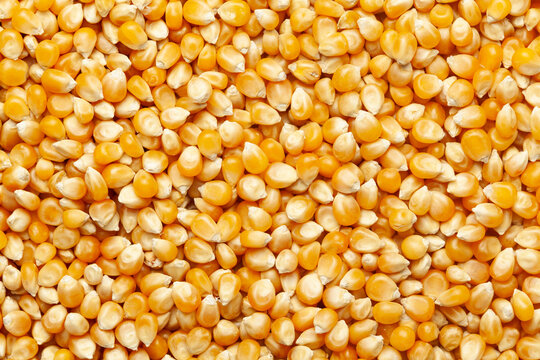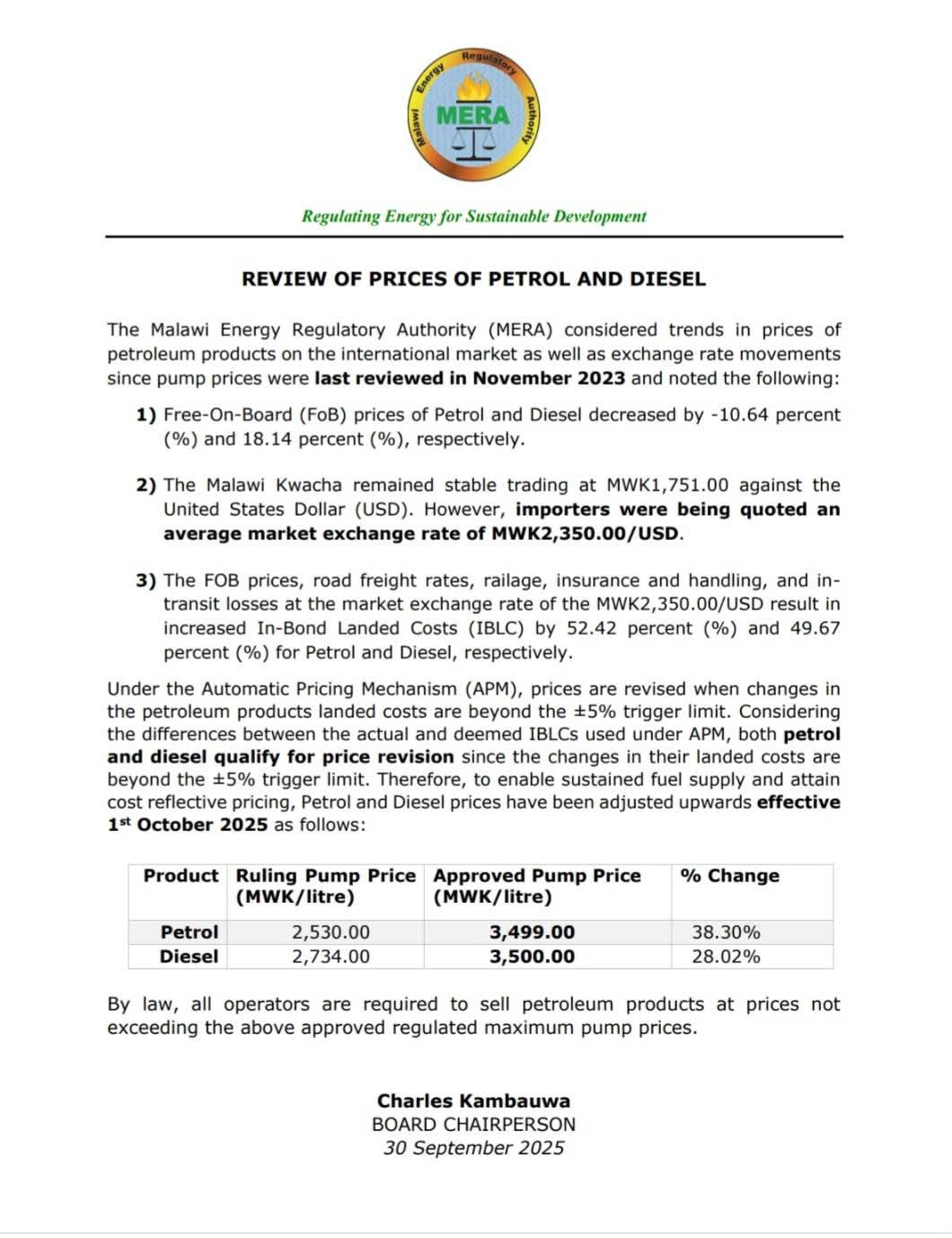By Burnett Munthali
In recent months, the question on the lips of many Malawians has been, “Where has all the maize gone?” With last year’s agricultural forecasts indicating a normal harvest and no immediate signs of hunger, the current shortage of this vital staple food has sparked significant concern and speculation. Observers are increasingly suggesting that the Malawi Congress Party (MCP) government may be exploiting this food crisis as a political maneuver in anticipation of the 2025 elections, aiming to leverage food insecurity to their electoral advantage. However, this strategy carries inherent risks that could ultimately backfire.
Despite previous optimistic predictions regarding agricultural yields, communities across Malawi are now grappling with severe maize shortages. This discrepancy raises critical questions about the effectiveness of the government’s agricultural policies and distribution strategies. Reports indicate that many households are struggling to access maize, leading to rising fears of hunger and malnutrition. The situation is alarming, especially considering maize is a cornerstone of the Malawian diet, underscoring the urgency of addressing these shortages.
Amid the maize crisis, speculation about the government’s motives has intensified. Some analysts believe that the MCP may be deliberately fostering a food shortage as a precursor to implementing a food grant program. The rationale appears to be that by creating a sense of urgency surrounding food scarcity, the government can position itself as a benevolent force, rolling out relief measures that could secure votes in the upcoming elections.
However, such political tactics raise profound ethical concerns regarding governance and the welfare of citizens. While it is not uncommon for political leaders to capitalize on crises to gain support, the ramifications of such a strategy could be dire. If the public perceives that their struggles are being manipulated for political gain, it may incite widespread backlash against the ruling party, further complicating the already tenuous relationship between the government and the electorate.
Malawians are becoming increasingly astute in recognizing political tactics that exploit food scarcity for electoral advantage. Should the MCP government be seen as deliberately allowing food shortages to persist, it risks engendering significant public frustration and distrust. Citizens may interpret such actions as a betrayal, particularly when their basic needs for food security are threatened.
The forthcoming 2025 elections present a critical juncture for public sentiment. Voters who feel vulnerable due to hunger and instability are likely to seek alternative leadership that prioritizes their essential needs and welfare. This potential shift in political allegiance could pose significant challenges to the MCP’s hold on power, especially if the party is viewed as failing to address pressing food security concerns.
The current maize shortage serves as a microcosm of broader issues facing Malawi, intertwining agricultural management with political accountability. The MCP government must confront this crisis with transparency and urgency, understanding that any attempts to exploit food insecurity for electoral gain may ultimately undermine its support.
To rebuild public trust, the government should prioritize effective agricultural policies and work diligently to mitigate food shortages. Failure to address these critical issues not only threatens the MCP’s electoral prospects but also exacerbates existing societal tensions regarding governance, resource management, and the fundamental right to food.
As the situation unfolds, it is imperative for the government to prioritize the well-being of its citizens over political expediency. The stakes are high, and the electorate is both hungry and increasingly disillusioned, presenting a volatile environment that could significantly impact the political landscape in Malawi.




